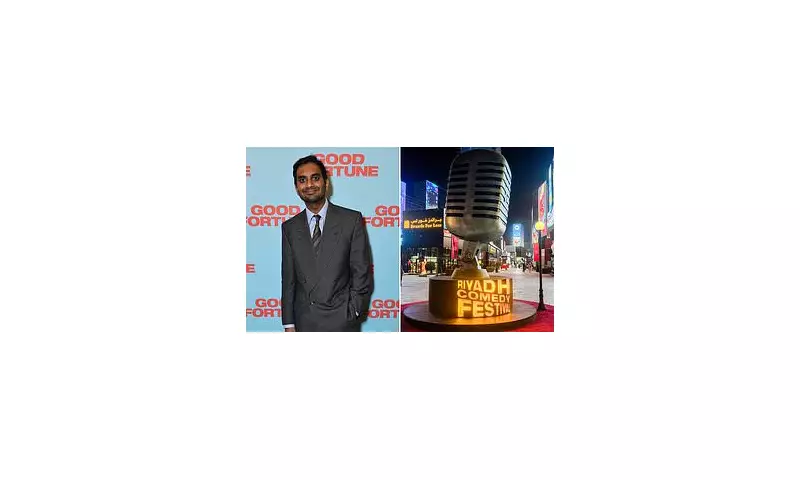
In a controversial move that highlights the ongoing tension between artistic expression and international diplomacy, Saudi Arabian organisers have blocked comedian Aziz Ansari from donating his performance fee to human rights organisations.
The Rejected Donation
The Parks and Recreation star, who is scheduled to headline at Riyadh's Comedy Festival this November, attempted to redirect his substantial appearance fee to support human rights causes. However, festival authorities firmly rejected his philanthropic proposal, insisting the payment must go directly to the performer.
Growing Controversy
This incident occurs against a backdrop of increasing scrutiny of Western entertainers performing in Saudi Arabia. The kingdom has been actively recruiting international stars to bolster its entertainment sector as part of Crown Prince Mohammed bin Salman's Vision 2030 initiative, despite ongoing concerns about the nation's human rights record.
Several high-profile figures have faced criticism for accepting lucrative deals to perform in the country, including:
- Marvel star Dave Bautista
- Comedian Russell Howard
- Rapper Lil Baby
- Electronic music pioneer Black Coffee
Ethical Dilemmas for Artists
The situation presents a complex ethical challenge for performers navigating the intersection of art, commerce, and human rights. While some artists defend their participation as cultural bridge-building, human rights organisations argue that such appearances help whitewash the kingdom's controversial policies.
"This rejection demonstrates the limitations artists face when trying to reconcile lucrative international bookings with their personal ethical standards," commented one industry analyst.
Broader Implications
The standoff between Ansari and festival organisers underscores the ongoing debate about whether Western artists should perform in countries with questionable human rights records, and what compromises they're willing to make for international exposure and substantial fees.
As Saudi Arabia continues its push to become a global entertainment hub, such ethical conflicts are likely to become increasingly common for performers weighing financial opportunities against moral principles.





